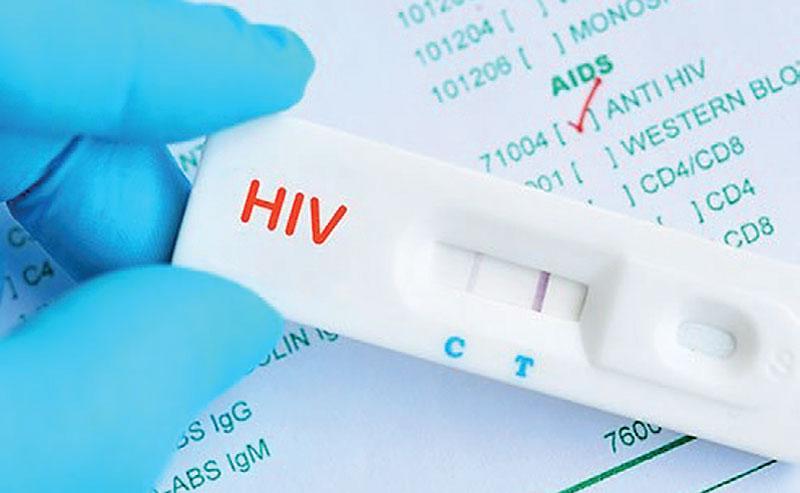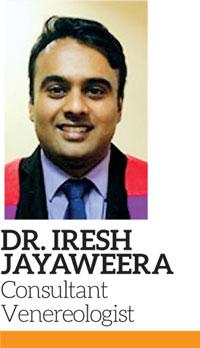10 Dec 2021 - {{hitsCtrl.values.hits}}

 AIDS-related deaths could reach 7.7 million if world leaders fail to tackle inequalities, the UNAIDS warned earlier this month in a statement released earlier this month in view of World AIDS Day. COVID-19 is undercutting the AIDS response in many places. The pace of HIV testing declined almost uniformly and fewer people living with HIV initiated treatment in 2020 in 40 of 50 countries reporting to UNAIDS. 2021 marks 40 years since the first cases of AIDS were reported. Since that time, where investments have met ambition, there has been huge progress, particularly in expanding access to treatment. By June 2021, 28.2 million people had access to HIV treatment, up from 7.8 million in 2010, although progress has slowed considerably.
AIDS-related deaths could reach 7.7 million if world leaders fail to tackle inequalities, the UNAIDS warned earlier this month in a statement released earlier this month in view of World AIDS Day. COVID-19 is undercutting the AIDS response in many places. The pace of HIV testing declined almost uniformly and fewer people living with HIV initiated treatment in 2020 in 40 of 50 countries reporting to UNAIDS. 2021 marks 40 years since the first cases of AIDS were reported. Since that time, where investments have met ambition, there has been huge progress, particularly in expanding access to treatment. By June 2021, 28.2 million people had access to HIV treatment, up from 7.8 million in 2010, although progress has slowed considerably.
The situation in Sri Lanka too has made considerable progress. But there’s more work to be done in terms of breaking the stigma revolving around persons with sexually transmitted diseases. “2020 was a difficult year for us because we usually test around 1.2 million but because of the pandemic we only could reach around a one million,” opined Consultant Venereologist Dr. Iresh Jayaweera. “The 200,000 we missed were from the high risk population and this was due to travel restrictions and other socio-economic issues. As such there was a reduction last year. But when we got statistics for the third quarter of this year we saw an increase in number of cases with last year’s lapse.”
When asked about high risk persons Dr. Jayaweera said that they are being targeted only for programmatic purposes. “They include commercial sex workers, men who have sex with men, beach boys, prisoners, intravenous drug users and transgender persons. Even though the prevalence of infections is low we have to work with them. In the event they have casual sex with someone on the streets or with someone who they chat with on social media or other dating platforms, there’s an increased risk of spreading sexually transmitted diseases. In Sri Lanka 96% of HIV transmissions happen through unprotected sex.”
Dr. Jayaweera further said that around 9% of females with HIV have initially shown no risk behaviors but have gotten infected from their partner. “The risk is zero if two people are in a monogamous relationship where both persons test negative for HIV or STDs. But if you have the slightest suspicion, in the event your partner has changed etc., it’s always advisable to get a test done. HIV tests are freely done and you could simply log into https://know4sure.lk/ to assess your risk for HIV by booking a safe, confidential and anonymous HIV test. If you are unable to come there’s a self test that is available now where we will send the necessary kit and instructions and you could test your HIV status with your oral fluids.”
He said that once treatments begin, people can lead a normal life. “Once the virus is undetectable it is untransmittable. Therefore they can even marry someone who’s negative for HIV.”
One of the drivers that foster the AIDS pandemic is inequality. The UNAIDS warns countries to tackle inequalities driving HIV in order to end the AIDS pandemic, or else the world would be dangerously unprepared for future pandemics.
19 Nov 2024 5 minute ago
19 Nov 2024 34 minute ago
19 Nov 2024 2 hours ago
19 Nov 2024 3 hours ago
19 Nov 2024 3 hours ago